Mental and Behavioral Health
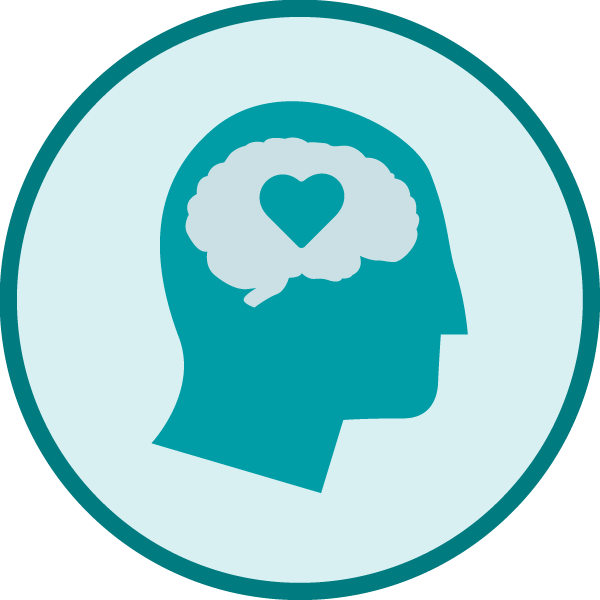
Approximately 1 in 5 children have a mental health condition, but there is a national shortage of providers to care for them.
Learn how “population health” strategies can support these children.

Approximately 1 in 5 children have a mental health condition, but there is a national shortage of providers to care for them.
Learn how “population health” strategies can support these children.
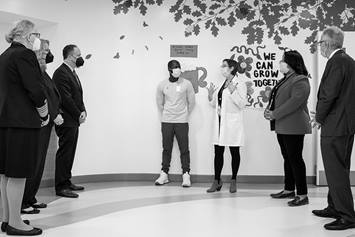
Doctors experience burnout and other mental health concerns at a higher rate than many other professions. A recent grant from the federal Health Resources and Services Administration is helping Nationwide Children’s Hospital and its collaborators around the country develop interventions to help.

Suicide rates among children 5 to 11 years of age increased nearly 15% annually between 2012 and 2017. But there’s limited research that could lead to suicide prevention strategies in these young children. A recent study from the Center for Suicide Prevention and Research at Nationwide Children’s Hospital has helped to address that gap.

Nationwide Children’s School-Based Behavioral Health Services is providing high-quality trauma-informed and culturally responsive behavioral and mental health care where young people are – at school.

Many working parents report that their children’s mental health has an impact in the workplace. So the On Our Sleeves® Movement For Children’s Mental Health has developed Bloom, a digital curriculum employers can offer their employees with resources to help parents support their children’s mental and behavioral well-being.
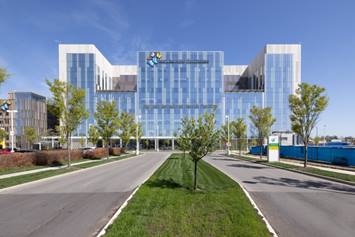
David Axelson, MD, chief of Behavioral Health at Nationwide Children’s Hospital, writes that COVID-19 has had a negative impact on an already existing pediatric mental health crisis. . .but a new national focus on the issue is a step in the right direction.

As part of the COVID-19 American Rescue Plan, the federal child tax credit temporarily changed. A new, first-of-its-kind study uses adolescent depression screening data to understand the hidden mental health effects of the changes.
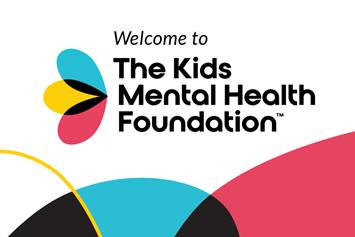
After reaching 15 million people over nearly six years, the On Our Sleeves Movement for Children’s Mental Health is evolving its mission as The Kids Mental Health Foundation.
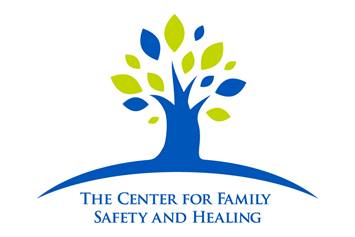
With the help of a new $2 million grant, The Center for Family Safety and Healing at Nationwide Children’s is partnering with community organizations in Franklin and Licking counties to improve access to care for children and families who have experienced trauma. Learn how the partnership is already working in the community.

“Only about 5% of practicing psychologists are Black, and that number is even lower when it comes to those who specialize in pediatric care,” notes The Columbus Dispatch, in exploring the many reasons why some Black people both do not receive and do not seek out mental health care.
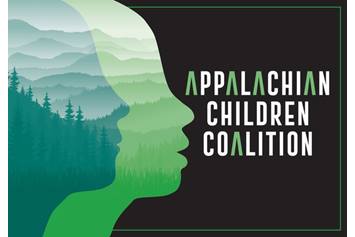
This relatively new partnership has already made a big impact in an underserved region of Ohio, facilitating millions of dollars in investment for children. And it’s planning to grow.

Nationwide Children’s whole-child approach to pediatric care extends beyond just those in their community. Through the Behavioral Health Learning Library, pediatric providers from across the state can access evidence-based pediatric mental and behavioral health assessments and treatments.

Nearly 140 Ohio children must receive residential psychiatric care outside of the state each day because of a lack of local facilities. The Buckeye Ranch and Nationwide Children’s Hospital, with the help of the Ohio Department of Medicaid’s OhioRISE program, have broken ground on a new facility to help address that need.

A report from Nationwide Children’s Hospital and its partners discusses how to support in Ohio the use of The PAX Good Behavior Game®, which has been associated with improved mental health outcomes for children.

Dr. Axelson explains a “system of care” concept that has developed at Nationwide Children’s, where psychiatrists lead multidisciplinary teams of mental health professionals and work with community primary care providers to reach underserved areas.

Nationwide Children’s new Mobile Response Stabilization Services works to send an expert team to the location of crisis – helping families avoid a trip to the emergency department.
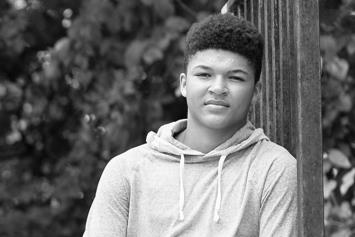
A partnership with the Cardinal Health Foundation is allowing Nationwide Children’s Hospital to implement suicide prevention programs in schools in Stark and Athens Counties, train primary care providers to diagnose and manage children’s mental health conditions and develop integrated models of care.
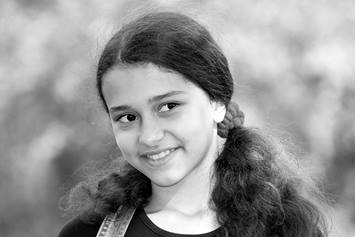
Thanks to the implementation of an innovative program, many central and southeastern Ohio elementary schools have seen disruptive classroom behavior decrease by 30-36%. Learn how the PAX Good Behavior Game is making a difference.
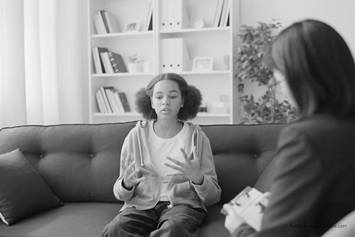
Preventing youth suicide can happen in a primary care pediatrician’s office, at school or in community settings – not just in a mental health clinic. Nationwide Children’s Hospital is identifying opportunities to detect suicide risk and prevent suicide across different kinds of systems.
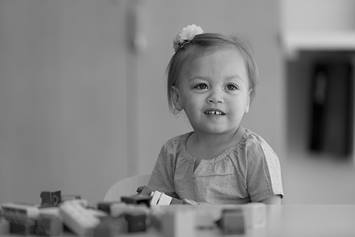
Nationwide Children’s Hospital and a number of community partners launched the first effort of its kind in the United States to measure and improve the health of every child: Pediatric Vital Signs.
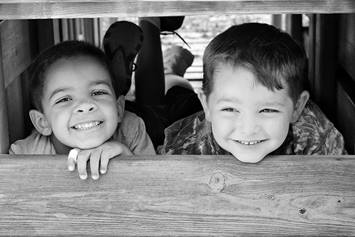
Nationwide Children’s has partnered with Head Start in Franklin County to launch a Therapeutic Interagency Preschool designed to provide educational, developmental and mental health support services to preschoolers who have experienced severe abuse or neglect.

Preschoolers are expelled 3x more often than other school children. The Ohio Preschool Expulsion Prevention Partnership is a free, statewide program that can send a consultant on-site, anywhere in Ohio, to help young children stay in their programs.
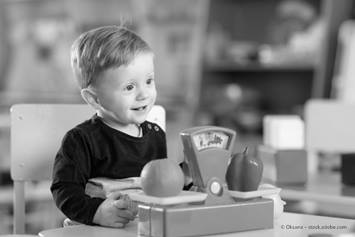
The statewide, rapid response program called Helping Ohio Preschoolers Excel (HOPE) consults with early childhood educators to prevent preschool expulsions and support a child’s healthy social and emotional development.

Project ECHO (Extension for Community Healthcare Outcomes) is a learning collaborative that uses a hub-and-spokes model for case-based group education. A multidisciplinary team of behavioral health and primary care professionals at Nationwide Children’s are the hub, and community providers are the spokes.
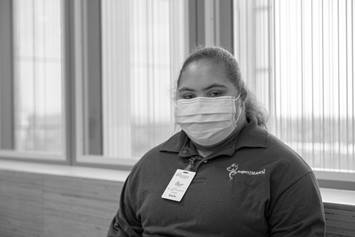
Project SEARCH at Nationwide Children’s Hospital is helping train high school seniors with developmental disabilities for jobs – including positions at the hospital. Learn how a partnership with the Educational Service Center of Central Ohio, Opportunities for Ohioans with Disabilities and The Alpha Group is making it possible.

Research over the last decade has shown a troubling increase in suicidal thoughts and attempts among young Black people. But little research exists on the “how” and “why” of suicide in Black youth.

Nationwide Children’s Hospital and The Buckeye Ranch have a opened a new, crucial element of Ohio’s behavioral health system of care – a facility that will offer behavioral and mental health services to teens transitioning out of inpatient psychiatric care.
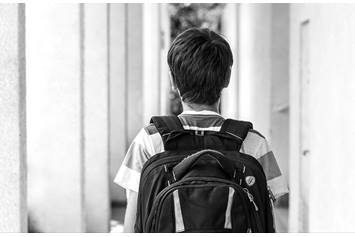
Schools across Ohio will soon be required to provide approved, evidence-based instruction in suicide awareness and prevention. Learn how one such prevention program, SOS Signs of Suicide®, is having a positive impact in more than 188 schools.

A first-of-its-kind study on Black youth suicide from Nationwide Children’s Hospital has drawn national attention to this growing problem and is now helping inform federal discussion about suicide prevention.
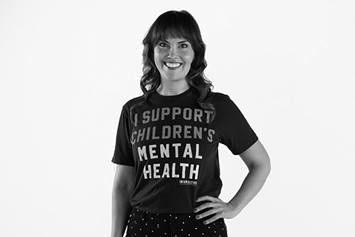
Meet Ariana Hoet, PhD, executive clinical director of The Kids Mental Health Foundation, a first-generation immigrant from Venezuela and a driving force behind the Foundation’s efforts to make upstream mental health resources available for every child.

A new analysis shows a gap in available resources for kids in military-connected families – especially the 80% of military-connected children attending schools unaffiliated with the military.
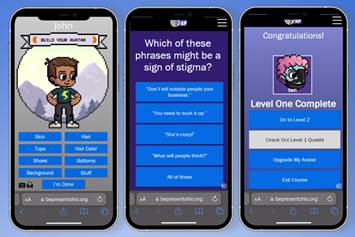
In the midst of a pediatric mental health crisis, Be Present Ohio in partnership with Nationwide Children’s Hospital has created Be Present Ohio: The Online Experience (BPO:XP), a suicide prevention program for teens that provides life-saving suicide prevention content in engaging online modules.
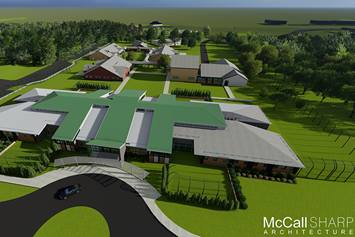
Two central Ohio leaders in mental health care are coming together to build a new 48-bed residential treatment facility. This state-of-the-art facility, expected to break ground this spring, will serve youth who are transitioning from psychiatric hospital settings.
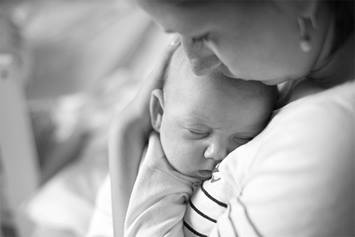
In a recent study, researchers from Nationwide Children’s found that self-reported social needs like food insecurity, housing instability, difficulty paying utilities or lack of transportation to medical appointments were significantly associated with postpartum depression.

On Oct. 18, U.S. Surgeon General Dr. Vivek H. Murthy visited Nationwide Children’s Hospital to discuss the pediatric mental health crisis and learn about the On Our Sleeves movement.

A recent study from Nationwide Children’s found that young people who were previously incarcerated in the juvenile legal system are nearly 6x more likely than the general population to experience early mortality. Researchers say that better supporting youths in the reentry process may help.
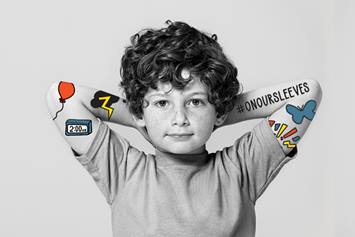
A new study from On Our Sleeves, powered by behavioral health experts at Nationwide Children’s Hospital, finds many parents' work performance and productivity are being impacted by their kids’ mental health.

For years, Project ECHO has allowed Nationwide Children’s experts to virtually educate health care providers throughout Ohio. Now, the hospital is using the same model to support families of children with autism throughout the United States.
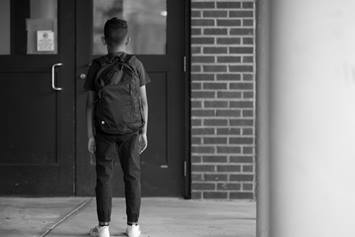
Experts from Nationwide Children’s Center for Suicide Prevention and Research have helped create a free book exploring the most pressing issues in suicide prevention. Learn how you can download your own copy.

Patients hospitalized for suicidality are 300x more at risk of suicide in the first week after hospital discharge, and 200x more at risk over the first month, compared to the general population. Nationwide Children’s is the first children’s hospital to study how a positive texting service after discharge may help these youth.

Big Lots Behavioral Health Services at Nationwide Children's Hospital addresses the needs of children and adolescents experiencing emotional, behavioral or developmental problems.

Ohio community-based primary care providers can receive provider-to-provider consultation with our psychiatrists through virtual appointments.

The Big Lots Behavioral Health Pavilion is America’s largest center dedicated exclusively to child and adolescent behavioral and mental health on a pediatric medical campus.
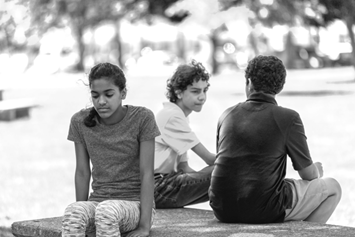
The Center for Suicide Prevention and Research (CSPR) at Nationwide Children's Hospital was created to address the growing problem of suicide among youth in central Ohio.